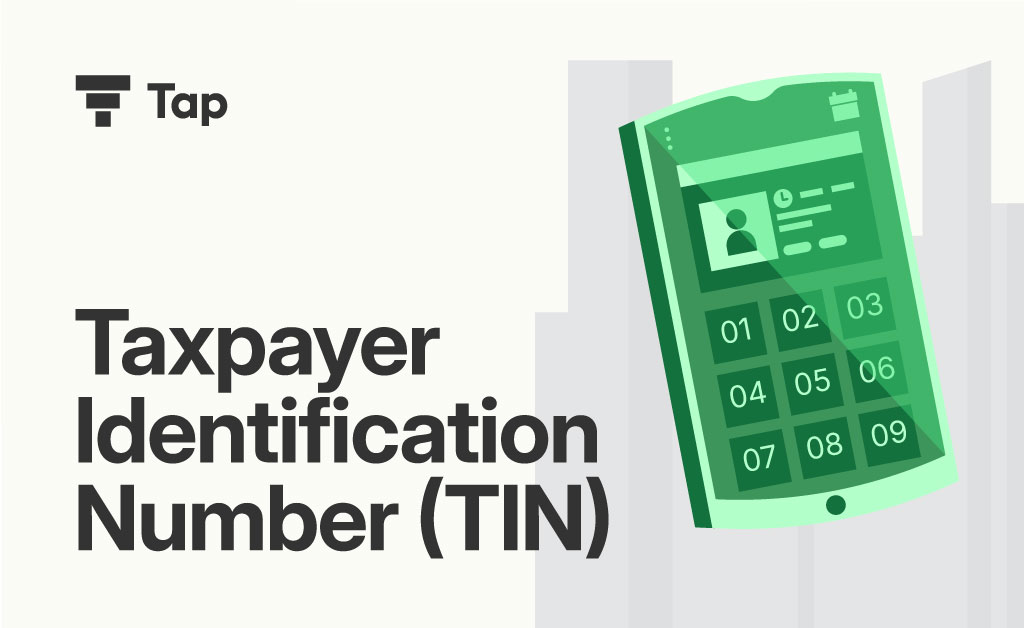Understanding TIN Number: A Comprehensive Guide

Introduction: A Taxpayer Identification Number (TIN) is crucial for businesses and individuals involved in trade and commerce in India. Understanding TIN, its full form, meaning, and importance can help in complying with tax regulations effectively.
TIN Number Full Form:
TIN stands for Taxpayer Identification Number. It is a unique identifier assigned to businesses and individuals for tax purposes.
What is TIN Number in India:
In India, a TIN is a 10-digit alphanumeric number issued by the state’s commercial tax department. It is mandatory for entities engaged in the sale or purchase of goods and services.
Meaning and Importance of TIN Number:
- Identification: TIN serves as a unique identifier for businesses, helping tax authorities track and manage tax-related activities.
- Compliance: Having a TIN is essential for compliance with various tax laws, including VAT and GST.
- Transaction Tracking: It helps in tracking business transactions and ensures proper tax collection and remittance.
Who Needs a TIN Number: Any business or individual involved in the sale or purchase of goods and services must obtain a TIN. This includes manufacturers, traders, dealers, and service providers.
Documents Required for TIN Application:
- PAN Card
- Proof of address (Aadhaar card, Voter ID, Passport, etc.)
- Business registration certificate (Certificate of Incorporation for companies, Partnership Deed for partnerships)
How to Apply for a TIN Number:
- Visit the state commercial tax department’s website.
- Fill out the online application form.
- Upload the required documents.
- Submit the application to receive the TIN.
Benefits of Having a TIN Number:
There are several advantages to possessing a TIN number for your business:
- Simplified Tax Filing: A TIN allows you to electronically file VAT returns and other tax documents electronically, making the process faster and more convenient.
- Enhanced Tracking: The tax authorities can efficiently track your business’s tax activities through your TIN, ensuring transparency and accountability.
- Improved Credibility: Having a valid TIN portrays your business as legitimate and compliant with tax regulations, potentially enhancing your reputation with clients and partners.
- Eligibility for Benefits: Certain government benefits and schemes might require a valid TIN number for your business to participate.
- Smooth Business Transactions: Many businesses need a TIN for transactions such as availing input tax credit (ITC), which reduces the overall tax burden.
How to Obtain a TIN Number:
The process of obtaining a TIN number is relatively straightforward:
- Gather Documents: Prepare documents like your PAN card (a separate tax ID for your business or yourself), address proof, and business registration documents.
- Online Application: Visit the official website of the Commercial Taxes Department (CTD) of your state and apply for a TIN online.
- Verification and Approval: The CTD will verify the submitted documents and approve your application.
- Receive TIN: Upon approval, you’ll receive your unique TIN number via email or post.
Understanding the Structure of a TIN Number:
The 11-digit TIN number in India follows a specific format:
- First two digits: Represent the state code where your business is registered (e.g., 07 for Maharashtra).
- Next one digit: Indicates the type of taxpayer you are (e.g., 1 for companies, 2 for individuals, etc.).
- Following seven digits: A unique identification number assigned to your business.
- Last digit: A check digit generated based on a pre-defined algorithm for error verification.
Important Points to Remember:
- A business can only have one TIN number, regardless of the number of locations or branches it operates in.
- If your business details change (like your address or name), you need to update your TIN registration details.
- Losing your TIN certificate requires applying for a duplicate copy through the CTD website.
TIN vs. PAN: Understanding the Difference
While both TIN and PAN are tax-related identification numbers, they serve distinct purposes:
- TIN: Identifies businesses registered under VAT.
- PAN: A unique identification number assigned to all taxpayers in India, including individuals, companies, and businesses.
FAQs:
- Difference between TIN and GST: TIN identifies businesses for VAT purposes, whereas GST is a comprehensive tax levied on the sale of goods and services.
- Mandatory for Small Businesses: Yes, all businesses involved in taxable sales or purchases need a TIN.
- Application Fee: Generally, there is no fee, but some states may charge a nominal application processing fee.
- Cancellation: A TIN can be canceled if the business ceases operations or fails to comply with tax regulations.
Conclusion: Understanding and obtaining a TIN number is crucial for any business engaged in trade in India. It not only ensures compliance with tax laws but also facilitates smoother business operations.
Are you interested in generating some extra income? Fixed income instruments can be a good solution for you, Sign up on TapInvest and start investing.
